| Today’s teachers are responsible for students who work and learn in the rapidly advancing, technological world. Reflective Professionals (Agents of Change) use instructional media and technology to effectively facilitate planning, delivery, and reinforcement of student learning. Reflective Professionals (Agents of Change) develop fundamental adaptable concepts and skills to effectively manage their students’ use of media and technology as the new tools of production and communication. |
Knowledge Base
Technology is no longer a sideline endeavor, a mere enhancement to enrich other areas of study. A new frontier of learning and teaching with technology has already begun. Instructional technology is not only a legitimate discipline area but an integral part of virtually every area of study and learning faced by today's students of all ages (Knapp and Glenn, 1996; Lever-Duffy, McDonald, & Mizell, 2003). The role of computer technology is no longer an isolated tool for the storage and retrieval of information and for production of paper printouts. Today, computers are complete workstations where students study, learn, communicate and work in virtually all discipline areas interacting with the whole world (Churma, 1999).
Mere training and learning to use technology is not sufficient; the discipline is continuously changing and evolving (Cocco, 1995; Peck, 2001). It is therefore essential that reflective professionals have an evolving conceptual understanding and ongoing adaptability to new technology for tomorrow (Galloway, J. P. & Blohm, P., 1997; Galloway, J. P., 1990). The faculty see technology as an integral component of the teacher education program and Reflective Professionals (Agents of Change) should know how to enhance learning through the use of a wide variety of media; e.g., computers, printing, audio-visual recording technologies, videotapes and discs, the Internet, World-Wide-Web, etc. (Molenda & Harris, 2001). The faculty also believes that while a beginning course in educational computing is necessary to ensure a satisfactory base-line of experiences with fundamental technology tools, today's beginning teachers need continued experience with technological productivity at all levels of the preservice curriculum (Tomei, 1999).


